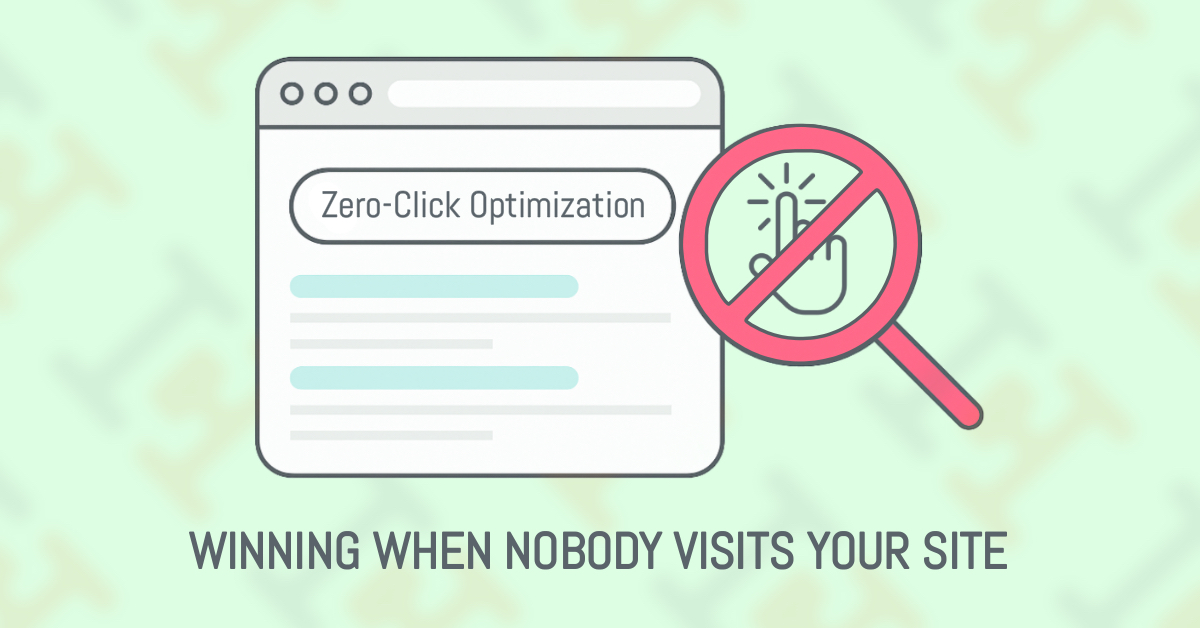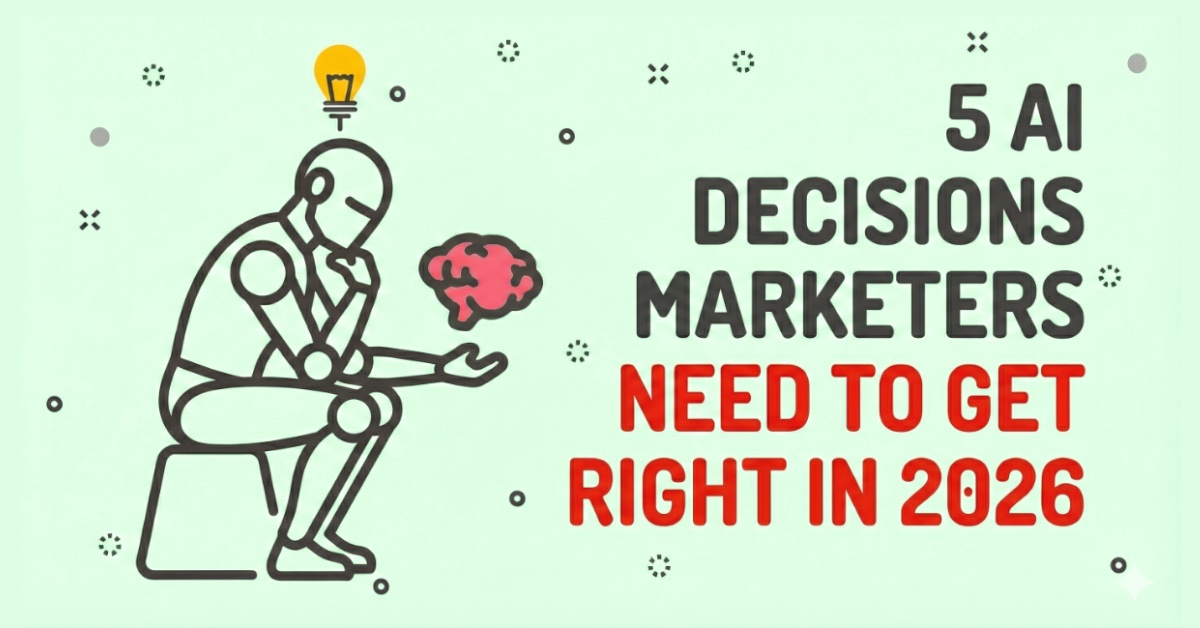
In the ever-evolving world of content marketing, generic approaches are becoming increasingly ineffective. What works brilliantly for a healthcare provider may fall completely flat for a manufacturing company.
Industry-specific content marketing was once a nice-to-have. Not anymore, though. It’s become essential for businesses that want to cut through the noise and connect with their target audiences in meaningful ways.
Why Generic Content Marketing Strategies Fall Short
We’ve all seen the generic “how to” articles and listicles that could apply to virtually any business in any sector. The problem? They rarely address the unique challenges, regulations, buyer journeys, and content preferences specific to different industries.
Consider the stark differences across industries, including unique audience needs, compliance requirements, and effective content formats. For example:
- Healthcare marketers must navigate strict HIPAA compliance rules and typically longer buying cycles.
- Manufacturing companies often need detailed technical specifications and ROI calculators.
- Financial services face rigorous regulatory oversight, limiting what and how they communicate.
According to recent research from Semrush’s 2024 State of Content Marketing Report, 78% of companies that exceed their business goals have documented content strategies tailored to their specific audience needs. This compares to just 29% of underperforming companies.
The Framework for Building Industry-Specific Content Playbooks
A content marketing playbook is essentially your strategy and tactical roadmap rolled into one. It documents your content types, channels, messaging, and measurement approaches specifically designed for your industry context.
Here’s how to develop one for your specific industry:
- Industry-Specific Audience Research: Who exactly are you targeting within your industry? What are their specialized pain points, information needs, and preferred content formats?
- Competitor Content Analysis: What content types and topics are performing well in your specific industry? Identify content gaps your competitors haven’t addressed.
- Regulatory & Compliance Mapping: Document any industry-specific regulations that impact what and how you can communicate.
- Industry Content Journey Mapping: Map customer journeys unique to your industry, identifying content needs at each stage.
- Channel & Format Selection: Determine which channels and content formats work best for your specific industry audience.
- Industry-Specific Measurement Framework: Establish KPIs that reflect your industry’s typical conversion patterns and buying cycles.
Create Your Custom Industry Playbook in 5 Steps
Ready to build your own industry-specific content marketing playbook? Here’s a step-by-step approach:
1. Conduct Industry-Specific Audience Research
Beyond basic demographics, dive into industry-specific behaviors:
- What industry publications do they read?
- Which industry events do they attend?
- What industry-specific challenges keep them up at night?
- How does their buying process differ from other industries?
HubSpot’s 2024 State of Marketing Report reveals that marketers who conduct industry-specific audience research are 72% more likely to exceed their marketing goals compared to those who rely on general audience data.
2. Map the Industry-Specific Buyer’s Journey
Document how your specific industry’s buying process works:
- Are decisions made by committees or individuals?
- How long is the typical sales cycle in your industry?
- What industry-specific objections arise during the decision process?
- What regulatory hurdles impact purchasing decisions?
3. Identify Industry-Specific Content Types
Develop content formats that resonate with your industry audience:
- Do they prefer in-depth technical documentation or high-level executive summaries?
- Are webinars effective, or do they prefer in-person demonstrations?
- Do they value peer case studies or independent research more?
- What level of technical detail is appropriate?
4. Create an Industry-Specific Distribution Strategy
Determine where your industry audience consumes content:
- Which industry-specific publications accept contributed content?
- Are there industry forums or communities where content can be shared?
- Which social platforms do professionals in your industry actually use?
- What email frequency and content types perform best in your industry?
5. Establish Industry-Relevant Metrics
Define success metrics aligned with your industry’s buying patterns:
- What’s the average content consumption before purchase in your industry?
- How does content engagement correlate with sales in your specific sector?
- What attribution model best reflects your industry’s complex buying process?
The Takeaway: Customization Drives Content Marketing ROI
Industry-specific content marketing playbooks work well for Answer Engine Optimization (AEO) because they provide comprehensive answers to industry-specific questions. They also deliver significantly better results than generic approaches:
- Semrush’s 2024 Content Marketing Statistics show that tailored content strategies are 63% more effective at driving conversions than generic content approaches
- According to HubSpot’s 2024 Marketing Industry Trends Report, 74% of B2B buyers say industry expertise is the most important factor when choosing content to consume
- Research from Content Marketing Institute’s Annual Research consistently shows that the most successful B2B content marketers tailor their content to specific industry needs and pain points
Getting Started With Your Industry Playbook
Before you create another piece of generic content, take the time to develop your industry-specific playbook. Start by auditing your existing content to identify what’s performing well with your specific audience and what’s falling flat.
Need help developing an industry-specific content marketing playbook that actually drives results? Headline Consultants specializes in creating customized content strategies for specific industries. Our content marketing consulting services can help you build a comprehensive playbook that addresses your industry’s unique challenges, audience preferences, and buying processes.
Contact us today to discuss how we can help you develop content that speaks directly to your industry audience and delivers measurable business results. Don’t settle for generic content when industry-specific strategies can transform your marketing ROI.




